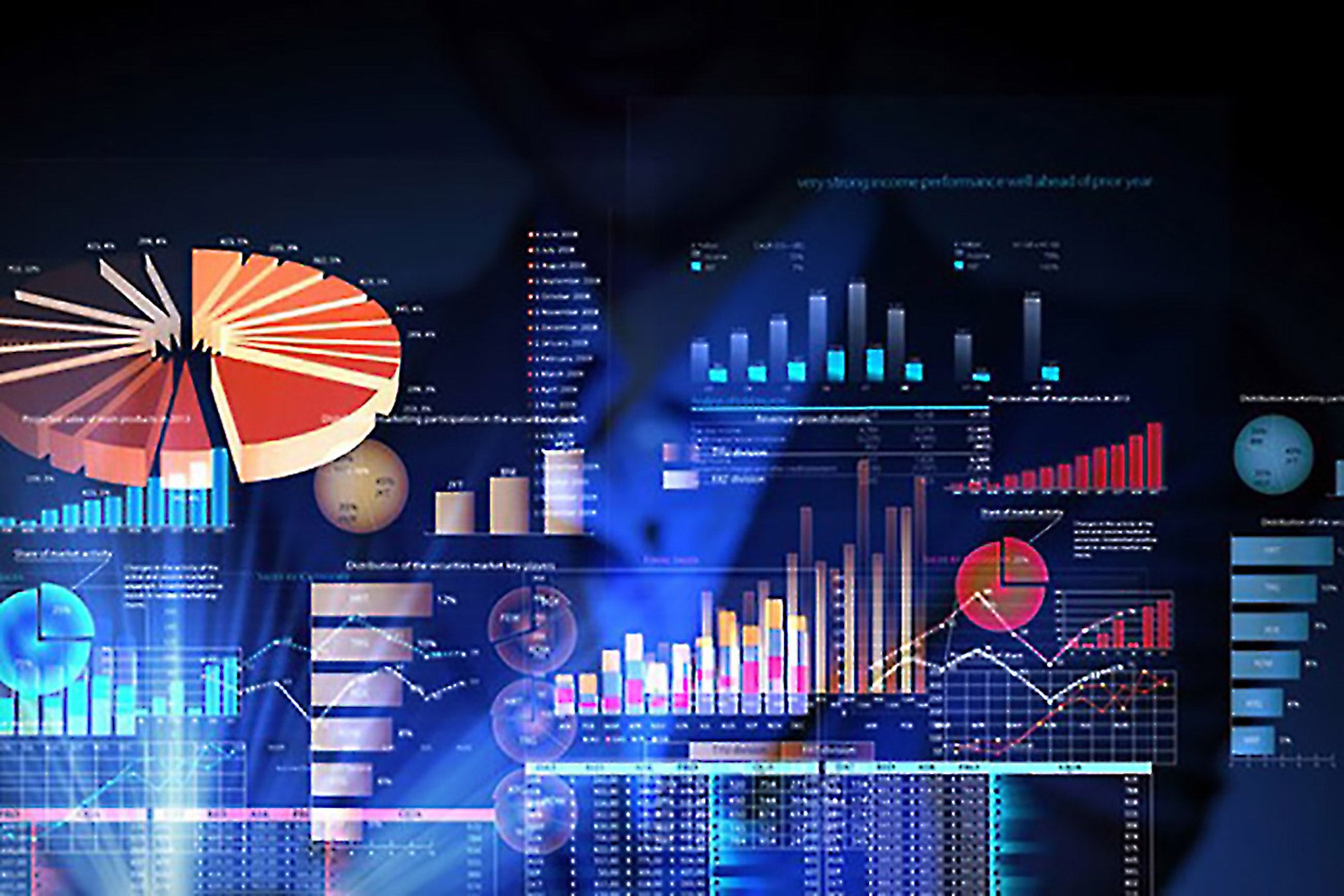Global Lockdown Due to Covid-19 Has Caused a Positive Shift In Work Ethics Work-from-home (WFH) was a term earlier understood by a few; today WFH is an acronym that every working professional can explain in their sleep
Opinions expressed by Entrepreneur contributors are their own.
You're reading Entrepreneur India, an international franchise of Entrepreneur Media.

Yesterday,
Technology was the domain of youngsters,
Work commutes were a necessary evil,
Only a handshake could seal business deals,
And hobbies were luxuries only students and retired folk could afford.
Today, our reality has shifted.
They say when people look back at the one day that changed their lives forever, they realize that they didn't know at that time the magnitude of the moment that was upon them. That's the way it happened with the world when the news of the novel coronavirus first emerged. It was the turn of the New Year, or rather the decade. People were seeped in positivity, brimming with energy and motivated. The business world has a set of unspoken rules and work ethic which everyone was happy to live by. There was much talk of business transformation, digital adoption, speed and efficiency—but most of that was armchair speculation. Some forward-thinking organizations did dip their toes into the unknown sea of these exciting new concepts, but initiatives hardly ever went beyond test runs and pilots.
So, in the mid of this broadly smooth-sailing life, the news of a new potentially deadly virus was taken with a pinch of salt. Health experts had begun to warn the world, but such warnings were drowned by the indomitable human never-say-die spirit. Needless to say, matters escalated rather quickly and within a couple of months COVID-19 was declared a pandemic by the World Health Organisation and people were confined in their homes by the announcement of a global lockdown in most parts of the world.
Today everything is changed.
Work-from-home (WFH) was a term earlier understood by a few; today WFH is an acronym that every working professional can explain in their sleep. While there are teething problems that Internet bandwidth issues and an overload on virtual meeting platforms such as Google Hangouts, Zoom Calls, etc., the seismic shift to a positive work ethic is staggering.
For one, technology is no more the exclusive domain of the young. From managing directors to management trainees, everyone is using technology to store, share files, work collaboratively, conduct meetings and even virtually sign deals. The results have been transformative in the truest sense. Will no commute time involved, people have become more time-efficient and productive. Meetings start on time as everyone logs in from their comfort zone without being dependent on variables such as the transport system, traffic and visitor-clearance mandates.
There is a charming precision that the working world has smoothly transitioned into, at the bat of an eyelid. Discussions are short and crisp because there is no "settling-down time'; no need to waste time to identify a meeting room, or drag in additional chairs. We have dispensed with the arduous formality of calling someone from the pantry and offering a variety of beverages that often don't get consumed because meetings involve too much talking to actually be able to drink a coffee while it's hot. No warm-up and no cool-down time ensures that people just cut to the chase in virtual meetings, making them less tired and more focused on getting the job done. This new order of doing business has even put people in the right frame of mind to be more conciliatory and collaborative in their discussions.
Probably the best fallout of this new way of working is the ease and speed of making crucial decisions. Decisions that need multiple nods, particularly those that need executive buy-in had a gestation period of days. Teams would run helter-skelter to block the calendars of their seniors at a time that was mutually convenient to everyone. Such decisions are now made in a matter of minutes over calls—making business smoother, decisions quicker and situations far less stressful.
Less stress had led to more creativity. The physical toll that a normal work-day takes on working professionals renders their minds too numb to do real thinking. Particularly towards the end of the day, people become far more focused on completing their tasks than on spending time evaluating whether each task has been completed in the best way possible. A relaxed environment breeds creative thinking, and if you want people to think out of the box, you have to let them out of that cubicle.
Upskilling has been another clear positive shift. With an hour or so more to spare, people are exploring honing their skills with online courses. Some are revisiting long-forgotten hobbies such as music, dance, painting, cooking, writing and more. WFH has also been a boon for families. Children who didn't get to see their parents for most of the day now have them around 24x7. Even though they are working out of home, an unprecedented family lunch, tea-time together and a board game in the evening is all the bonding that we need to set our priorities right.
All in all, every stakeholder in the ecosystem stands to benefit. Our environment has reason to thank us—with vehicles off the roads, there is less air and noise pollution. With people off the streets, there is no littering. With vehicles off the road, we're using less fuel. With restaurants closed, we're reaping the benefits of home-made food. Even the birds and animals have begun reclaiming their space. There has never been a better time to revamp our work ethics. It's now or never. The next test for will be to retain these values even after we transition back to "normalcy'. May this be the new normal—though under healthier circumstances.












